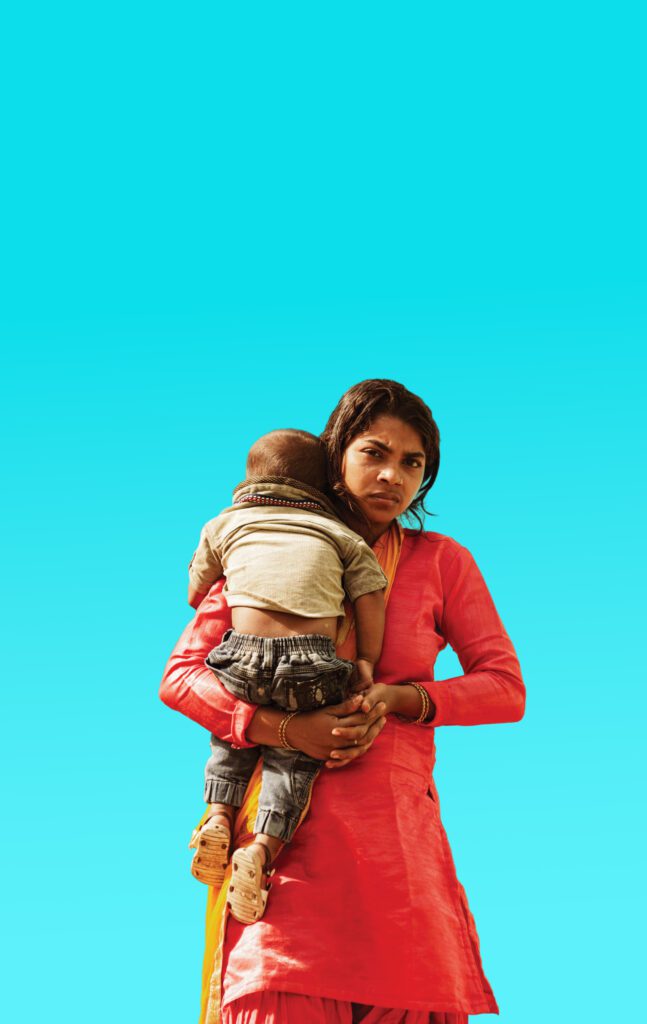
“How does the story end?” Only time and “the imaginations of unreasonable men” will tell!
I was riding my bike down Kings Highway at Goose Rocks Beach in Maine when I ran into Mr. Welch, the father of one of our staff at Share Our Strength who, coincidentally, spends a few weeks here each summer. “Hey, I read that book of yours” he yelled from his porch. “So how does the story end? Are those fellas gonna be successful? He was referring to my new book The Imaginations of Unreasonable Men, and also referring to one of the toughest challenges I faced in writing it: knowing that any conclusive ending is probably 10-15 years away at best.
The book tells the story of the race to develop the first ever malaria vaccine, as a way of dramatizing the challenge of solving the toughest problems of all; those that affect people so poor, vulnerable and voiceless that there are no markets for solving them. Malaria infects 200-300 million people a year and almost 800,000 die from it annually, mostly children in Africa. Just this week, Bill Gates told an assembly of Nobel Laureates that: “The true market failure is in diseases of the poorest countries because the voice of those people in the marketplace is silent,” he said. “So that is why you get [a situation where] male pattern baldness gets 10 times the research [attention] that malaria gets.”
That challenge – the lack of markets – and the fact that the malaria parasite has outwitted almost every threat to its eradication for literally thousands of years is what requires the strategies and qualities of character I’ve tried to capture in The Imaginations of Unreasonable Men. The book takes its name from a George Bernard Shaw passage in Man and Superman: “The reasonable man adapts himself to the world. The unreasonable man persists in trying to adapt the world to himself. Therefore all progress depends on the unreasonable man.”
The book follows the journey of Dr. Steve Hoffman, among others, as he attempts one innovation after another scale the production of a difficult to produce but effective immunogen discovered almost half a century ago but never brought to market. Hoffman was a captain in the Navy who has devoted his life to curing tropical diseases, and started his own biotech company, Sanaria, to combat malaria.
The short answer to Mr. Welch’s good question is that Hoffman’s vaccine, as well as the vaccines of leading competitors, are currently in clinical trials and and it will still be several years before any vaccines get into the arms of kids in Africa. But there is plenty of good news, much of it inspired by these leaps of imagination. For example annual funding for malaria R&D has quadrupled in the past 16 years from $121 million in 1993 to $612 million in 2009. And several dozen countries have cut their malaria caseload by more than 50%.
The fact that Steve Hoffman and others have never given up is probably the most inspiring news of all. It doesn’t guarantee a happy ending. But it does ensure steady progress and hope for those who are most vulnerable and voiceless


